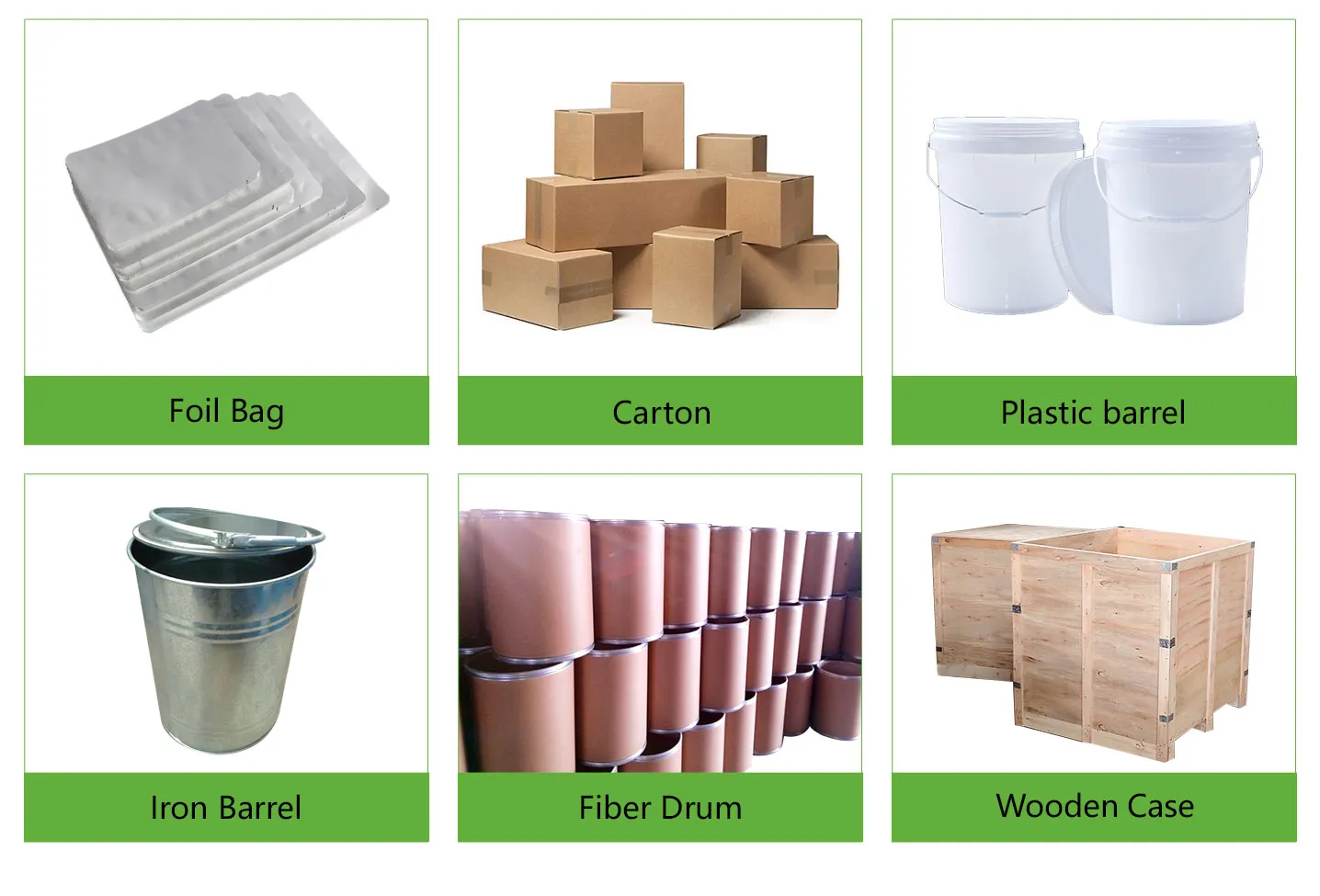Overview of Telluride powder:
Tellurium, the element symbol is Te, molecular weight 127.6, melting point 452 ℃, boiling point 1390 ℃, water solubility: insoluble in water; density 6.25×10³kg/m³, appearance: silvery white solid, applications: as semiconductor materials, catalysts, etc.
Tellurium is a quasi-metal with the elemental symbol Te. Its name is derived from tellus, meaning "land," and was discovered by F.J. Müller von Reichenstein in 1782. Tellurium is a rhombohedral silver-white crystal, soluble in sulfuric acid, nitric acid, aqua regia, potassium cyanide, and potassium hydroxide; insoluble in cold and hot water, carbon disulfide. High-purity tellurium is obtained by refining tellurium powder with sodium polysulfide extraction, with a purity of 99.999%. It is used as an additive in semiconductor devices, alloys, chemical materials, cast iron, rubber, glass, and other industries.
Tellurides are compounds of tellurium and metals or nonmetals. For example, the representative of non-metal-containing telluride is hydrogen telluride, which is a colorless, odorous and poisonous gas; the metal telluride has copper telluride, which is insoluble in water.
We have telluride powders such as bismuth telluride, zinc telluride, tungsten telluride, molybdenum telluride, etc.

Application of telluride powder:
Tellurium is widely used, and its downstream industries include solar energy, alloys, thermoelectric refrigeration, electronics, rubber and other industries. The application of tellurium in the metallurgical industry accounted for 42% of the total application. Due to the rapid development of tellurium in the photovoltaic field, the proportion of the metallurgical industry is on a downward trend.
The chemical industry accounts for approximately 21% of total tellurium applications. In the chemical industry, tellurium and tellurium compounds are used as additives for catalysts and as dispersants in the rubber industry to improve the strength and elasticity of rubber.
Tellurium accounts for approximately 8% of the electrical and electronics industry. In the optoelectronic industry, semiconductor components such as ZnTe, CdTe, HgTe, HgCdTe, etc. are used in lasers, photodiodes and light receivers involving the infrared to ultraviolet spectrum.
Company profile
Synthetic chemical has been dedicated to telluride powder for ten years and is a professional company with supply and marketing integration. The company has a professional technical department and quality supervision department, a well-equipped laboratory with advanced testing equipment, and an after-sales customer service center.

Storage conditions
1) Maintain a dry area at the temperature of room.
2) Avoid high and damp temperatures.
3) Utilize immediately following the opening of the bag inside.
Payment methods
L/C, T/T, Western Union, Paypal, Credit Card etc.
Shipment
By sea, by air, by express, as customers request.

FAQ:
Q1:
What is telluride powder?
Re:Telluride powder is a compound powder composed of tellurium and other elements. Such compounds often have specific chemical and physical properties and can be used for different industrial and scientific applications. For example, certain telluride powders have semiconductor properties that can be used to make electronic devices and solar cells. In addition, some telluride powders can also be used as catalysts, pigments, dyes, fluorescent agents, etc.
Q2:
Standard telluride powders include? Bismuth Telluride (Bi2Te3) :
Re:This is a compound powder composed of the elements bismuth and telluride that has semiconductor properties and can be used to make electronic devices and solar cells.
Cadmium Telluride (CdTe): This is a powder compound of the elements cadmium and telluride, which also has semiconductor properties and is commonly used in the manufacture of solar cells.
Q3:
What other uses do tellurides have?
Re:Energy: Tellurides can be used in the manufacture of batteries, especially lithium batteries and lead-acid batteries. They can also be used as fuel additives to improve the performance of fuels.
Petroleum and chemical industry: Tellurides can be used as catalysts for various reactions in the petroleum and chemical industries, such as alkylation, isomerization, etc.
Pharmaceutical field: Tellurides have antibacterial, anti-inflammatory, and anti-tumor biological activities and can be used in drug development and production.
Glass and ceramic industry: Tellurides can be used as colorants for glass and ceramics and are used in the manufacture of various colored glass and ceramic products.
Q4:
In which countries are tellurides widely used?
Re:China: China is the largest producer of refrigeration devices, and the number of tellurium applications in China will also increase significantly. Tellurides are
widely used in metallurgy, the chemical and petroleum industry, the electronic and electrical industry, the glass and ceramic industry, the pharmaceutical industry, and other fields in China.
United States: The United States in the electronic and electrical industry, glass and ceramic industry, pharmaceutical industry, and other fields are also widely used telluride.
In addition, other countries such as Germany, Japan, South Korea, etc., also widely used tellurides in different fields. In short, with the continuous progress of science and technology, the application of tellurides will be broader.
Q5:
What are the advantages of telluride powders in industrial applications?
Re:Improved machinability: Adding tellurium to tin, aluminum, and lead-based alloys can increase the hardness and plasticity of the alloys and enhance their yield and mechanical properties.
Improved corrosion and fatigue resistance: In some cases, tellurides can enhance the thermal and mechanical vibration resistance of iron and improve its acid corrosion and fatigue resistance. This tellurium-treated steel is already used in mines, automation, railways, and other equipment.
Prevent the oxidation of polymethylsilane: Tellurium can also prevent the oxidation of polymethylsilane.
Improve the strength and elasticity of rubber: In the rubber industry, tellurium can be used as a dispersant to improve the strength and elasticity of rubber.
Photosensitive properties: The use of tellurium-containing compounds with excellent photosensitive properties has shown outstanding advantages in resource surveys, satellite aerial surveys, laser guidance, and other aspects.
Electronic device manufacturing: Telluride powder can be used to manufacture products such as electronic devices and solar cells. For example, Bismuth Telluride is a compound powder composed of the elements bismuth and telluride that has semiconductor properties and can be used to make electronic devices and solar cells.
Catalyst: Tellurides can be used as catalysts for chemical reactions such as petroleum cracking and coal hydrogenation.


